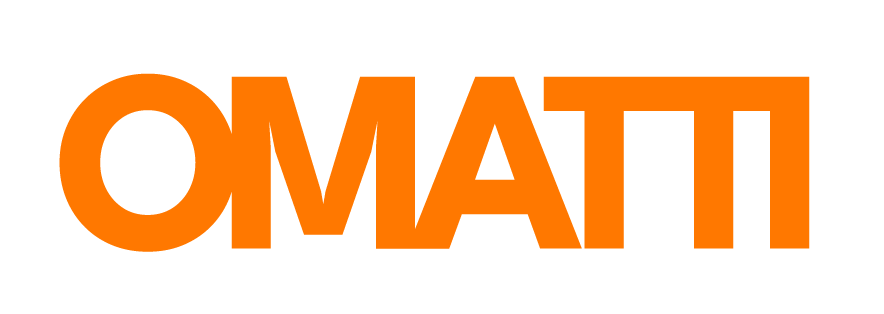Case Studies
Project name + industry
Challenge → Approach → Impact format
Visuals: sketches, journey maps, prototypes
Client testimonial or outcome metric
KHUSHI + Communication Design
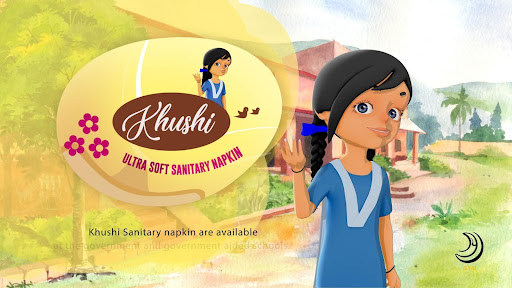
Challenge
Government of Odisha has launched the ‘KHUSHI’ scheme for distribution of sanitary pads in all the government and government aided schools reaching out to around 17 lakhs girls annually.
On behalf of Health & Family Welfare Department Government of Odisha, United Nations Population Fund (UNFPA) needed to develop promotional audio-visual film and audio message on the Khushi scheme. The basic objective of sensitizing the adolescent girls on menstrual hygiene management and also make them aware about the ‘KHUSHI’ scheme.
Further, several resource and communication materials have been developed at different times related to the Khushi such as resource materials for teachers and students, radio jingles, audio-visual animation and major tribal dialects including shortened version of the film.
There was a need to collate all the resource and communication materials related to Khushi at one place so that it will be user friendly in rural Odisha.
Approach
We had a big challenge to face the communication inequalities in tribal and rural regions of Odisha. It was evident that adolescents face huge social biases and have to live with the perceived social taboo during their menstruation cycles. This needed effective communication and dispelling social biases through effective messaging and communication. The young rural girls face avoidance to their natural and genuine questions related to reproductive health and rights. It adds stress and leads to health consequences for these minors due to the communication inequalities. We use our expertise in design thinking to put real life stories into a film that fuel emotion, forge brand culture and generate values in due course of time.
Challenge
Kalinga Institute of Social Sciences (KISS) has been associated with the United Nations Population Fund (UNFPA) since 2009 for implementation of the Life Skills Education Program. In April, 2018, UNFPA partnered with KISS for undertaking a new Project UDAY – Creating Change Makers in Tribal Communities. Project Uday, is aimed at building young leaders from tribal and most vulnerable regions of the state who can become change agents in their communities. The project will encompass training, capacity building and mentoring support so that Youth are able to connect their communities to various welfare programmes, take up social issues and positively influence peers.

Impact
Uday for Leadership, Youth, Skill Development and Skill Development
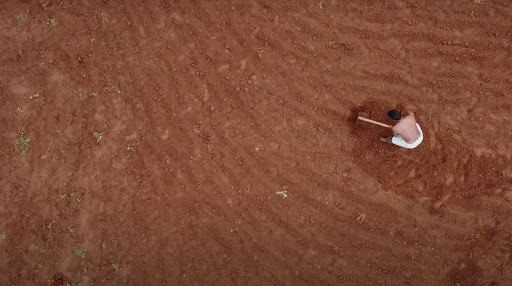
Identifying the key stakeholders
Youth volunteers after the training were expected to conduct community interface programs involving PRIs, SHGs and youths of the locality. The trained youth volunteers have already started awareness programs in their communities on issues such as menstrual hygiene, RTI/STI, Contraception, HIV/AIDs, Malaria, Nutrition, safe migration, water and sanitation etc. Some trained volunteers have been able to mobilize youths for construction of roads, repair of tube wells, making safe drinking water available to the people etc. Some Uday volunteers have volunteered to teach in the existing Anganwadi Centres
Problem Statement
Generate a wide range oHow might we capture the process followed in project implementation as well as highlighting behavioral changes with trained tribal youth and so also to understand the perception of community members about them.f innovative ideas without judgment.
Prototype
To prepare a video documentary for educating and communicating with the various stakeholders and others outside the program.
Tikki Mausi
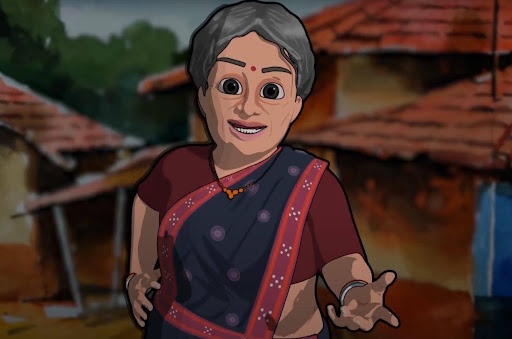
Challenge
With an aim to spread awareness about nutrition of children and women, the Department of Women & Child Development and Mission Shakti, Government of Odisha, in collaboration with United Nations International Children’s Emergency Fund (UNICEF) unveiled a mascot named ‘Tikki Mausi’.
Testing
As Tikki Mausi is a very significant mascot for Mission Shakti, we decided to study the life of women facing domestic violence in odisha and make an animation film which will be appropriate as the character is imaginary and can reach the household in a short and simple format.
Initiating Behaviour change
The mascot- ‘Tikki Mausi’ aims to change the behaviour of common people and make them aware about child and women’s nutrition and development in every household. Why the name ‘Tikki Mausi’? The mascot has been named so in reference to the second mother of a child. Tikki Mausi is a gregarious character and is an empathetic protagonist with extensive knowledge on all issues related to women and children, thus loves to talk to people and raise their awareness on key positive social behaviors and practices.
The mascot will also take care of providing the right information about state government projects for women and children to every household for better future of children in the state and thereby spread awareness for better health care of children and their development.
Room To Read Empathising
At the core of Anuradha’s practice is the belief that design is a bridge between people, stories, and time. Whether she’s conducting a workshop, designingRoom to Read is a global organization transforming the lives of millions of children in low-income communities by focusing on literacy and gender equality in education. Founded in 2000 on the belief that World Change Starts with Educated Children®, our innovative model focuses on deep, systemic transformation within schools during two time periods that are most critical in a child’s schooling: early primary school for literacy acquisition and secondary school for girls’ education. a lamp, or reviving an heirloom, her work is always about human experience, personalization, and beauty as a value.
Problem Statement & Design Process
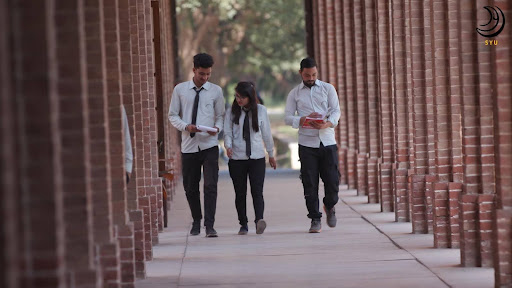
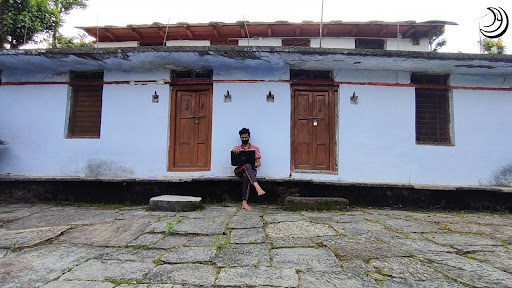

Gyan Kumbh
OBSERVATION
The three-day national academic conclave, ‘Gyan Kumbh’, organized by Shiksha Sanskriti Utthan Nyas in association with Pondicherry University and the All-India Council for Technical Education will commence tomorrow (21.11.24) in Puducherry. The event aims to promote and discuss the integration of Bharatiya knowledge systems in the education sector.
THE PROBLEM
The Covid-19 pandemic has affected lives of each and every individual across the country and globe. In these testing times when schools and colleges are closed, there is a negative impact on the academic and overall development of students.As online mode of education has become a “New Normal” Uttarakhand Government has already started working on creating a better infrastructure for the students. The Department of higher education, has taken several steps to make online classes possible even in the remotest parts of the state. Now with the establishment of e-libraries, online modules for all Government colleges and up gradation in IT infrastructure, students are able to complete their curriculum from home.
STRATEGY
We visited several villages and towns across Uttarakhand to understand how the new mode of education is helping the students. Has the current situation affected the education tourism in a new state of around 11 million population. Reaching some of these villages during monsoon was a challenging job due to frequent roadblocks and landslides. However we were able to interview and capture some students in Ukhimath, Chamba and Pauri region of Uttarakhand. It is always a delight to see and capture the positive impact of governance. India as a whole demands more and more educational tourism and it is very important to know how to respond to that growth. What are the tools and strategies that can help to integrate it to the new generations and the new normal?
Ready To Design Your Dream Home?
Contact us today to schedule a consultation or to learn more about our services.
